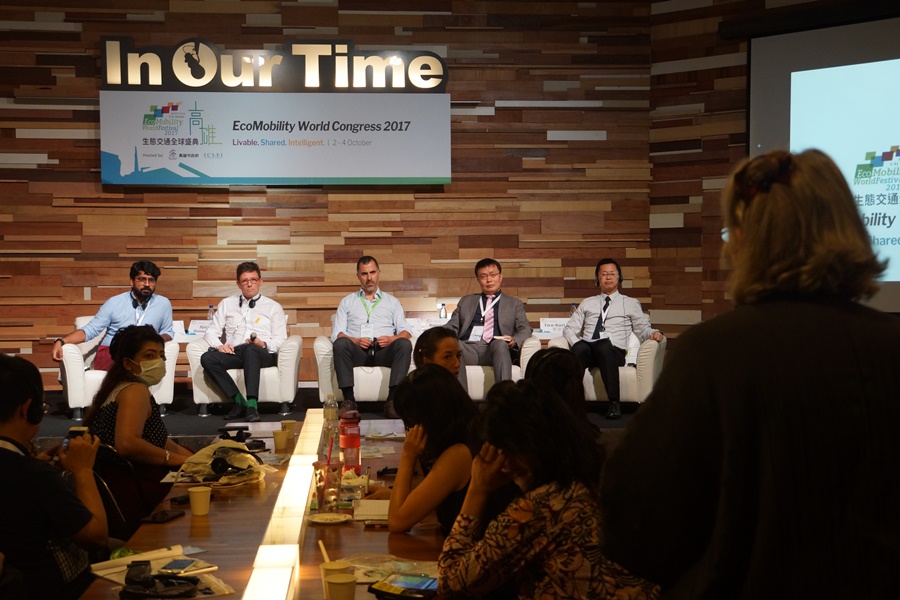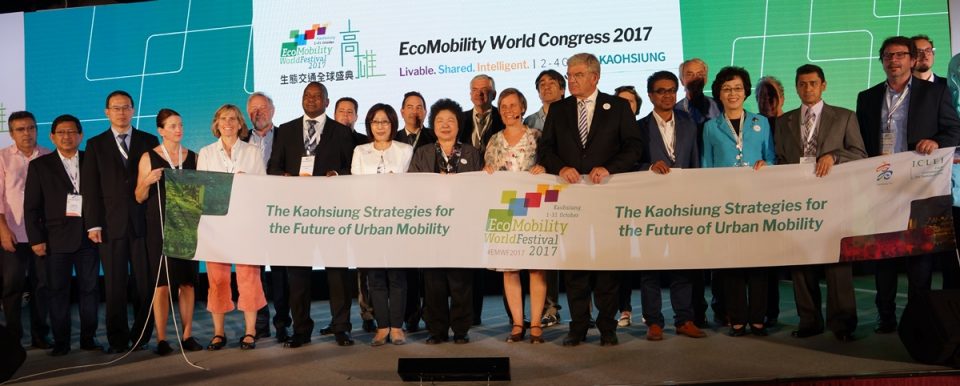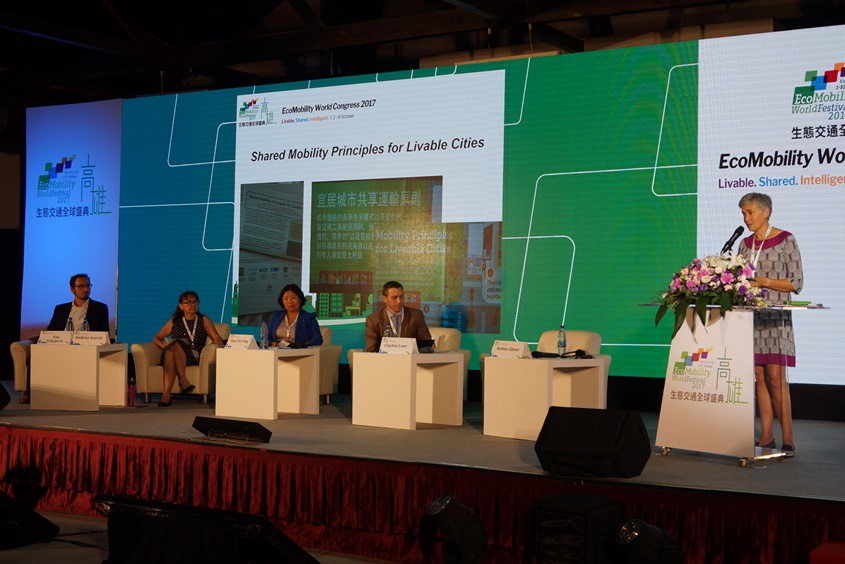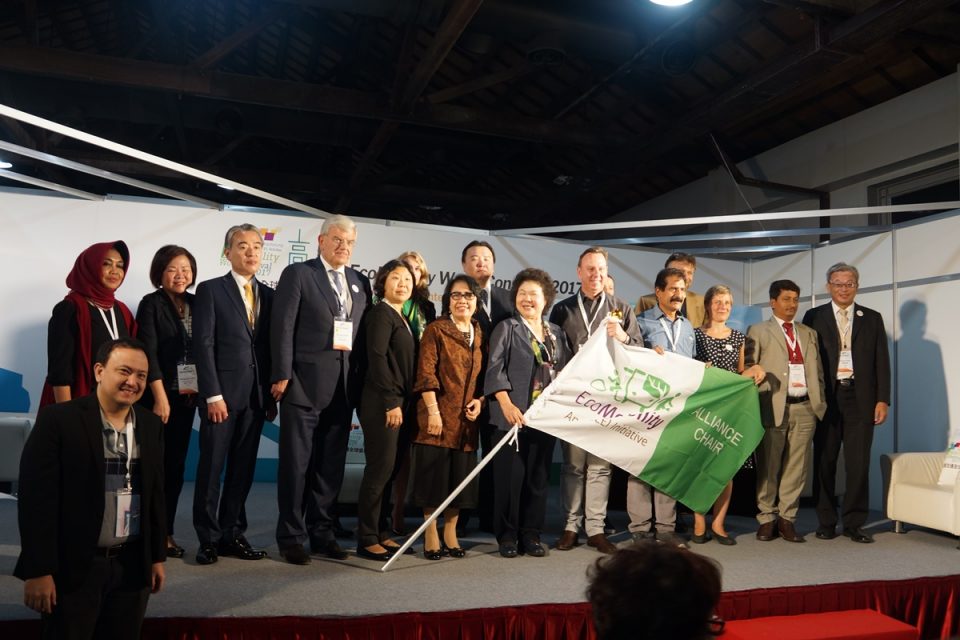A new frontier: Bringing ecologistics to cities

A growing number cities around the world are integrating ecologistics – or smart freight – into their sustainable urban transport strategies. The movement of goods through urban areas contributes significantly to traffic in cities and is often a high percentage of greenhouse gas emissions in the transport sector. Finding more sustainable ways to transport goods is an important and growing area in sustainable urban transport, with many opportunities for optimization and improvement.
The City of Almada, Portugal started to really think about and work on ecologistics a few years ago after seeing that urban freight plays a significant role in its transport system. After conducting a baseline assessment of logistics in the city center, they found that for the 2,300 shops located in the center, there were 1,550 logistics trips every day to move a total of 60 tons of goods daily. The environmental impact of these trips made it clear that ecologistics would need to be part of the second generation Almada urban mobility plan.
With funding from the European Union, Almada established a number of new measures, which include extending parking regulations for commercial vehicles, creating pick-up points at existing facilities, transporting goods by tram and even establishing a micro consolidation center for Almada’s central market to help maximize vehicle loads and reduce trips required.
Almada also implemented two pilot projects to test the use of cargo bikes to deliver goods throughout the city, offering free bike delivery for any purchase above 25 Euros during the busy Christmas market. The city sees the potential to extend this kind of delivery options for food and other goods that do not need to travel long distances.
It is apparent that ecologistics can yield a number of benefits, like reducing urban traffic and emissions. As local governments move ahead and define how goods move throughout our cities, they will have to work with an increasingly complex freight networks involving many stakeholders with different needs and operational models, proliferated by the popularity of e-commerce and associated deliveries.
—
This post is based on the “Ecologistics in Cities” session at the EcoMobility World Congress 2017.



